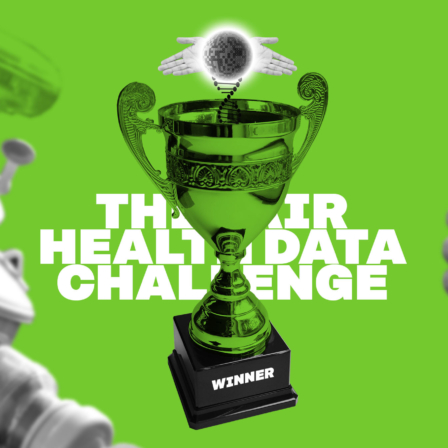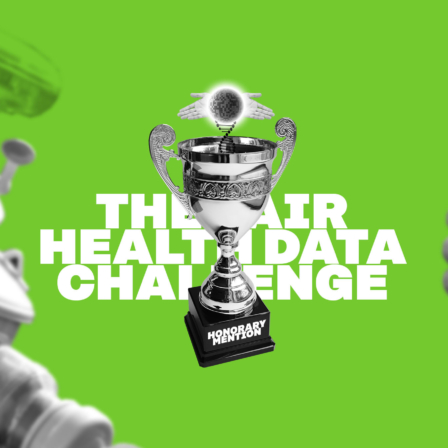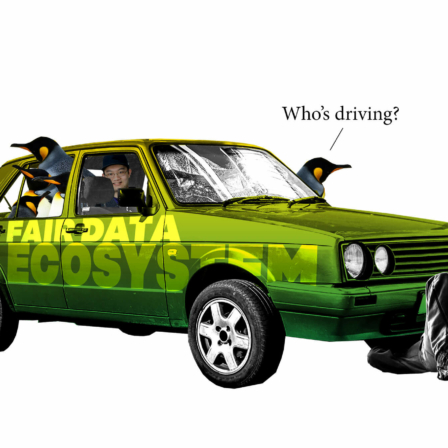Three intersecting themes surfaced during the workshop – My Data, prevention and effectiveness – in addition to the methodological approach that combines these three, geographical information. Integrative topics within these themes included value, pricing, ethical and legal questions, data literacy and social ability. Combining purchase data and health data can be considered a new opening that, if successful, will create a new landscape for academic research and product development.
We were pleased to have a large number of representatives from the fields of research, infrastructure and business at the workshop, all of whom influenced the content of the discussion. Sitra and Digital Futures of the University of Turku arranged the workshop on 22 August 2017.
Highlighting strengths
Finnish healthcare and the related medical research are based on special strengths, such as accessible public healthcare, electronic health data, a research-positive population and effective legislation. This makes our healthcare unique – we could even call it our national asset. The gathering of comprehensive longitudinal health data requires a high-quality public healthcare system, and that kind of system only exists in the Nordic countries, Estonia and a few other Western countries. Health data must be in an electronic format and linkable to patients over a sufficiently long period (over 10 years). Also, the use of health data has to be allowed by law.
The megatrends of social and health services emphasise customer orientation, increasing cost-effectiveness, an assessment of effectiveness and the co-operation between the public, private and third sectors. The aim of the future social and healthcare regions is to provide more individual and effective patient care with better results and lower costs. This aim can be achieved through early diagnostics and identifying the risk of acquiring diseases, and by combining these with new drugs that are under development, other forms of treatment and supporting self-care – through the use of the data. Research is the basis for everything new!
Improving value chains
A key issue is to determine the value of the data and to build the value chain in such a way that enough economic benefit is returned to the producers of data. The fact that all data is certainly not equal makes the matter more complex. This brings us to issues related to the quality of the data, because quality and competition-law aspects have a key role, especially from the viewpoint of My Data. Data should be analysed as close to its origin as possible, however, otherwise there is a risk of incorrect conclusions that lead us in the wrong direction.
In addition, use of data entails numerous legal and ethical problems, some of which remain unsolved. Big steps forward include Isaacus, a one-stop shop for the use of well-being data led by Sitra, and legislation that allows the secondary use of health data that has been presented to the Finnish Parliament as a budget law. Hospital districts are willing to open their data reserves, and the Hospital District of Helsinki and Uusimaa (HUS), for example, is welcoming businesses to health data. Similar projects are under way in the Hospital District of Southwest Finland, for example.
It is a time of change, and data also has a key role to play from the business point of view. However, our public sector produces a massive amount of data but does not use the gathered data correctly or sufficiently, despite the new initiatives. In other words, Finland is not yet a data-driven society. Reliable and comprehensive data, such as national registers, helps decision-making, makes business more effective both in the public and private sector and is a driver for innovations – or at least it can be!
Platform economy as a foundation for future data economy
For many years, considerable efforts have been made to create national registers but their use is still in its infancy and the favourable competitive position has not sufficiently been taken advantage of. Data is rarely valuable on its own. It has to be combined intelligently and refined to produce the desired added value, i.e. better health and new business.
The data economy leans strongly on the foundation created by the platform economy but they are not the same thing. When correctly built, both models strengthen each other. We have to understand that technology, in this case the platform, consists of technical actions, gathering data in an easy-to-use format. When it is connected to services and co-operation networks (partners), we can speak of an era of the platform economy in relation to well-being and health. Traditionally, healthcare has been an area where value creation has been important, particularly from the individual point of view. That means that we could hold the key to success if we can build the value chain and the services correctly.
Health is a value in itself when speaking of individuals but it also has significant value for society. Prevention of diseases and effective, early treatment promote well-being and reduce healthcare costs in the long run. The health and the working and functional capacity of the population have a large impact on public finances and productivity. To reach the goal of the healthcare reform, we need to create innovative and scalable business. This calls for a strong common vision and close co-operation between various actors, which is exactly what Sitra’s Isaacus project has successfully promoted. The business sector plays a key role in the implementation of the final study results and in the building of new healthcare business models between the public and private sectors. These, in turn, inevitably result in significant social reforms and improve Finland’s competitiveness. And the final result will be a healthier population!
#isaacus

















Recommended
Have some more.